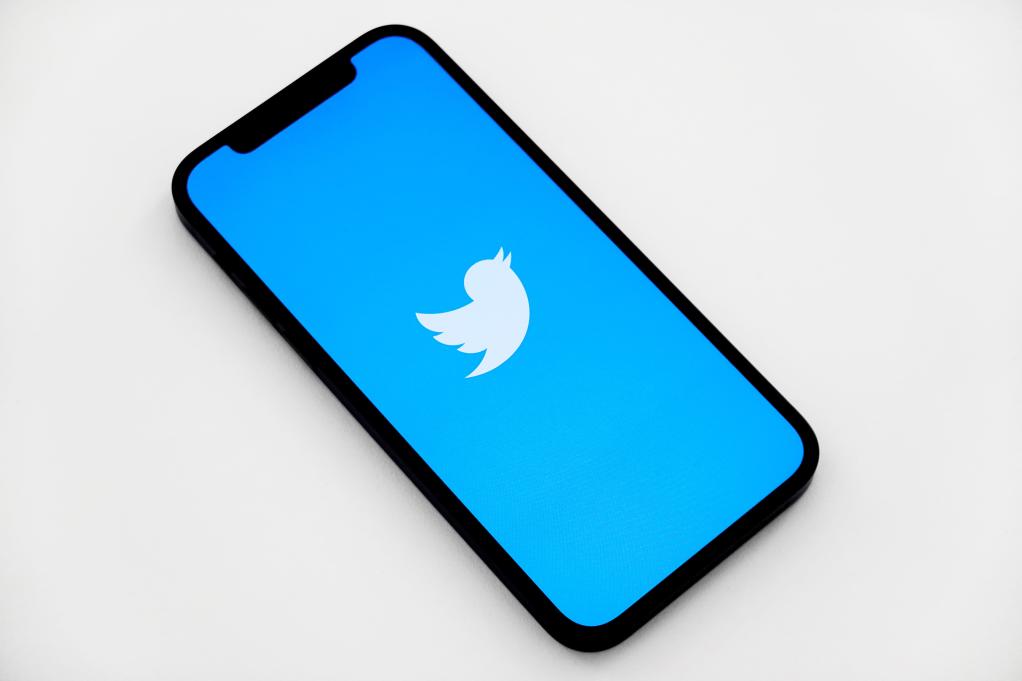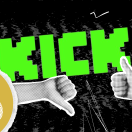
Social media is meant to be a place of freedom, expression and community. A space where ordinary people can voice their thoughts, campaign for change and embrace new cultures. But when “free speech absolutist” Elon Musk struck a deal to take over the micro-blogging platform, Twitter, it was met with some criticism and concern. Why?
Musk is a high-profile billionaire with stakes in space travel and electric cars – to name but a few. Often described as a “mad genius”, Musk is far from predictable, often frank about his own messiness and mistakes, none of which have stopped him from becoming one of the richest people in the world.
You may be thinking, what does it matter? One rich, slightly eccentric man purchasing a social media platform won’t change the world too dramatically – will it?
Well, here at VoiceBox, we’re not too sure. Regulation is an ongoing debate when it comes to our digital spaces. While we welcome the opportunity for anyone to have their say when it comes to how social media should operate (after all, it is meant for everyone) – some have shown concern that the super-rich are suddenly taking an interest in regulating platforms that, when at its best, serves everyone.
While no one yet knows what exactly Musk has planned for Twitter, people have already expressed concern about the predictions some believe will be brought into force.
One takeaway for us is the indication that Musk may introduce a pledge to ensure that all users are real. This is a problem faced by almost all online platforms, and the solutions offered typically involve sharing private information (e.g. pictures of a driver’s licence) with the platform for account verification. It is certainly possible that the founder of PayPal and his team of engineers will create a new method of account verification that is equally effective but does not require the sharing of private information with the company. On the whole, a commitment to user verification is to be lauded, but one cannot ignore the discomfort the anonymous Twitter users may feel in whatever process is implemented for said verification.
We will also be interested to see how much Musk – known as an avid free speech activist – will loosen content rules. For some years now, Twitter has played a significant role in the democratic processes of countries around the world. Musk and his supporters view absolute free speech as the cornerstone of functioning democracy, not an uncommon attitude in more liberal nations such as the USA. Of course, Twitter’s borders stretch far beyond the shores of California, and the commitment to free speech is not one shared in the same way around the world. Each country will have its own approach to speech protection, and unleashing the full speech of the Twitter user base is likely to lead to increasing tensions between the platform and governments of nations around the world.
Aside from the interactions between Twitter and the various nations of the world, attitudes towards free speech vary widely within each country. Some will be excited for the potential loosening of Twitter’s speech guidelines, while others will be concerned about the potential growth of ‘hate speech’ on the platform. There has already been uproar amongst various minority groups and their allies about what they anticipate as a wave of hate speech on the platform, and Musk has yet to even instantiate any changes to the platform’s guidelines. It remains to be seen what changes may be brought about and the effects they have, but there are certainly reasonable concerns to be had in regard to the protection of, for example, the LGBTQ+ community. Far be it from us to weigh up the pros and cons of the predicted platform changes, but we hope that as some of these changes are made, Musk’s dedication to free speech does not blind him to the genuine harms people may suffer on the platform by way of harassment.
We have yet to know what changes may be made to Twitter, and we know even less about what the effects of those changes may be. But one thing is certainly clear. Elon Musk’s ownership of Twitter has shone a light on just how important social media has become to the public discourse, and the risks of so much power being handled by, ultimately, one man. Mere months ago, many free speech absolutists in America were calling for more government regulation on social media due to the platform’s apparent curtailing of the 1st Amendment, and now this has flipped to those more concerned about hate speech and misinformation calling for government intervention to prevent Musk’s ability to loosen the restrictions on speech on the platform. Clearly, there is some demand for tighter regulation of these platforms, but sentiments seem to shift based on the political landscape and ownership. Perhaps this tension will push governments to take more active roles in the regulation of social media, or perhaps political partisanship will determine whether or not regulation is wise, and we can expect changing tides with every election. Whatever may come following this seismic shift in the social media landscape, we hope that it will be handled with the utmost caution, and with an open mind to opposing viewpoints.





